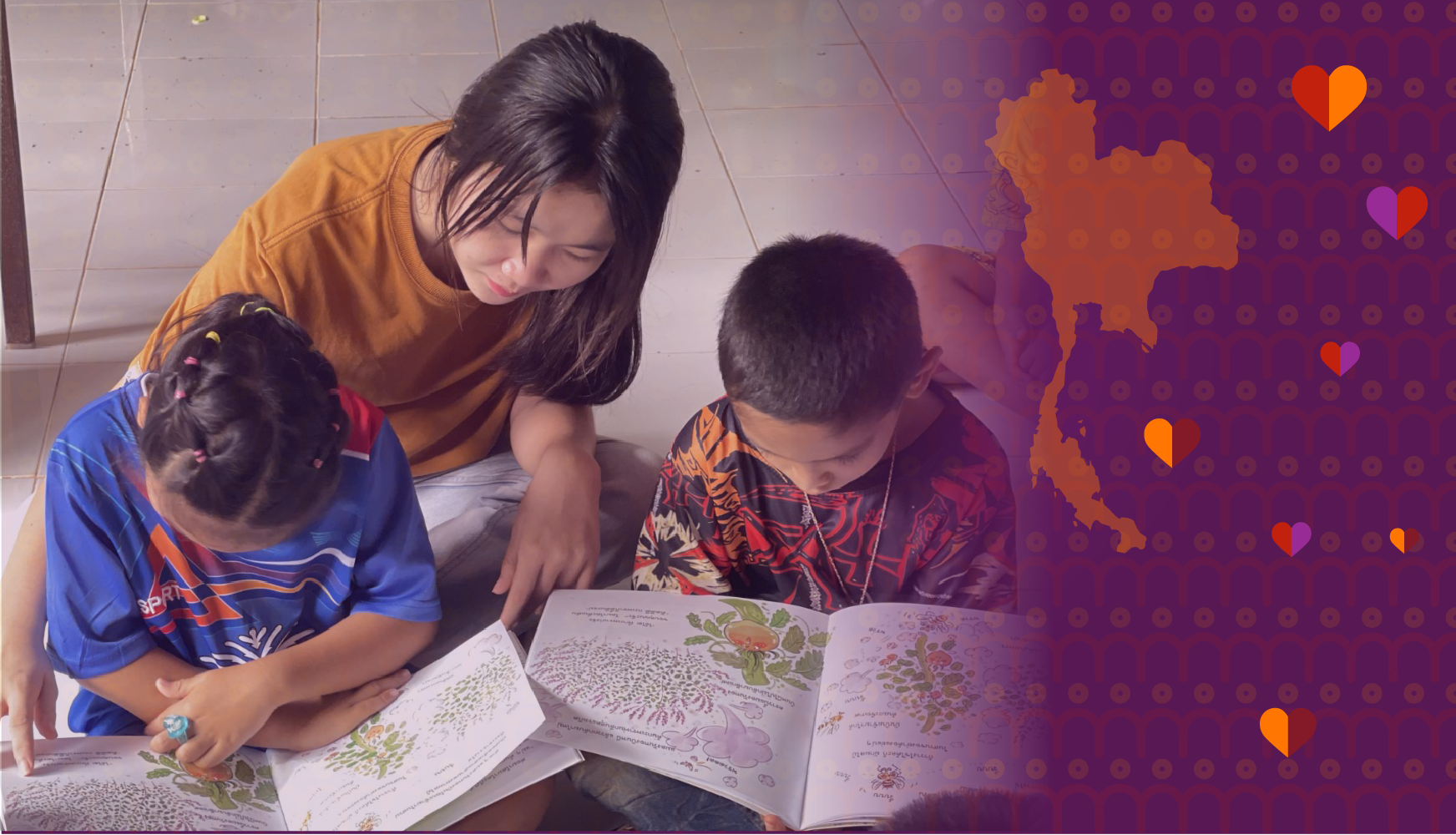
Thailand joins The Human Safety Net
Welcome Thailand! We are proud that another country has joined our movement of people helping people, growing our community of NGO partners to more than 80. The Human safety Net Thailand will be working with Community Children Foundation (CCF) on a programme aimed at empowering disadvantaged Gen Y/Gen Z parents in Samutprakarn Province.

The project delivers a six-session parenting programme, the Smart Seeds Model, to parents at selected local schools in a Samut Prakan province near Bangkok:
- EAT - Nourishing parents with knowledge about healthy eating habits.
- HUG - Encouraging healthy emotional development in children.
- STORYTELLING - Fostering language development, and creativity.
- PLAYING - Developing motor skills and social skills.
- DANCING - Promoting confidence, self-focus, and concentration.
- DRAWING - Hands-Eyes coordination, visual specific skills, imagination
The programme aims to engage Gen Z and Gen Y parents in the greater Bangkok area, to ensure they are well-equipped for their children’s healthy development.
Generation Y, or those born between 1980 and 1997, and Generation Z, or those born between 1998 and 2024, constitute a significant portion of Thailand's population, with an estimated 21.7 million individuals. These generations have witnessed rapid urbanization, economic prosperity, and the rise of democracy. They are also characterized by their tech-savviness and exposure to globalization. Notably, Gen Y and Gen Z hold the highest migration rate to Bangkok, primarily for work and educational opportunities.
Traditional childcare models often fail to resonate with these disadvantaged Gen Y and Gen Z parents while they seek solutions that complement their living conditions, busy schedules, values, and technological savviness.
Community Children Foundation (CCF) has been operating in Thailand since 1957. CFF has the mission to empower disadvantaged children and their families to reach their full potential, break out of the poverty cycle, and have a better quality of life.
The NGO works in three programming areas including 1) education, life skills, and career skills, 2) health, hygiene, nutrition, and environment, 3) food security and livelihood.


